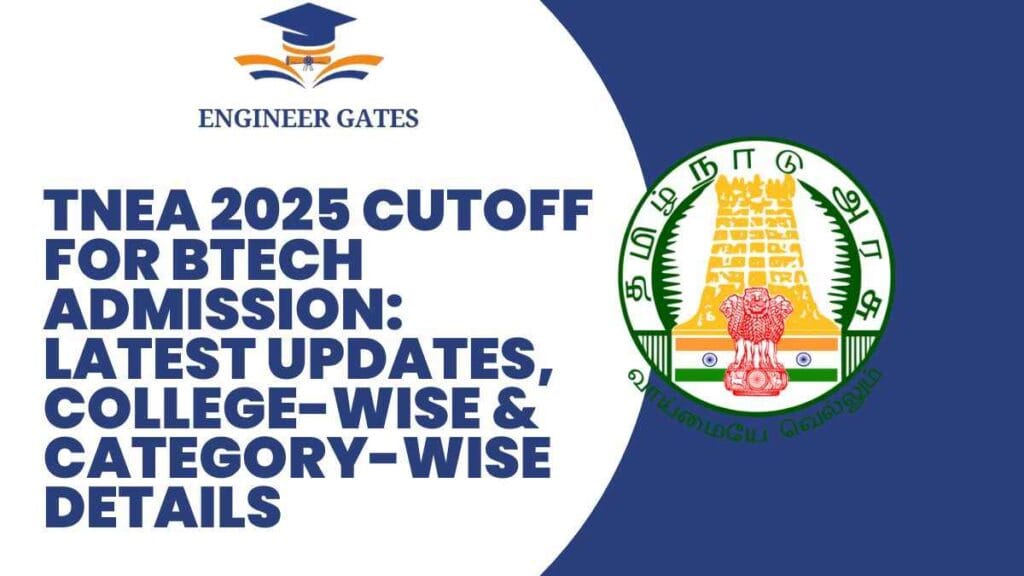Walk into any top B-school classroom today and the roll call sounds refreshingly diverse: commerce grads debating marketing funnels, literature majors acing case discussions, economists slicing through data, even designers pitching go-to-market plans. The old belief that “MBAs are mostly for engineers” is fading fast. In fact, Non-engineers in MBA cohorts are increasingly visible across leading campuses—bringing fresh perspectives, people skills, and storytelling that businesses love.
Why Are More Non-Engineers Entering Top MBA Colleges?
It’s not a coincidence—there are solid reasons why business schools are welcoming wider academic backgrounds.
- B-schools want balanced classrooms: Management isn’t only about math; it’s also about judgment, empathy, communication, and leadership.
- The prep game has widened: Exams now give equal weight to verbal, logical, and analytical skills—areas where many non-engineers shine.
- Employers reward multi-dimensional talent: Corporate roles demand collaboration and communication just as much as technical expertise.
- Peer learning matters: Diverse perspectives make discussions and case studies far richer.
What Unique Strengths Do Non-Engineers Bring to the Table?
Your background may be your biggest advantage if you know how to leverage it.
- Communication & storytelling: The ability to turn data into clear narratives makes you stand out in class and at work.
- Customer empathy: Non-engineers often have sharper people insights, useful in marketing, HR, and product strategy.
- Real-world exposure: Internships, freelance projects, or campus initiatives can be presented as strong achievements.
- Range over jargon: Simplicity and clarity often win over heavy technical talk.
How Can Non-Engineers Crack the Entrance Exams?
With the right strategy, Quant doesn’t have to be your weak spot.
- Quant without fear: Practice regularly, start with the fundamentals, and maintain a formula journal.
- LRDI with structure: Build frameworks for common set types and focus on accuracy.
- VARC for comp advantage: Daily reading practice builds speed and confidence.
- Mocks the right way: Don’t just attempt; analyze deeply to refine your approach.
- WAT/PI readiness: Prepare a bank of personal stories to demonstrate impact and leadership.
Where Do Non-Engineers Have a Natural Edge Inside An MBA Program?
Certain skills you already possess can give you an edge if presented well.
| Area/Strength | Why it matters in B-school & jobs | How to show it in applications | Evidence you can prepare |
| Communication & Writing | Case summaries, client emails, stakeholder updates | One-page case notes; mock pitches; club newsletters | Portfolio of briefs, blogs, decks |
| Consumer & Culture Insight | Marketing, product, HR, CX need empathy & pattern-spotting | Analyze ads/products; show user insights & recommendations | Short teardowns; user interviews; A/B ideas |
| Numbers with Context | Decisions need both data and narrative | Turn raw metrics into decisions and trade-offs | Before/after metrics from projects |
| Initiative & Ownership | Recruiters love doers | Start a campus/community project with clear outcomes | Time-bound plan, budget, impact report |
Tip: Use this table to shape your SOP, CV bullets, and interview answers.
Which Careers Suit Non-Engineers in MBA Best?
The truth is, there are multiple domains where your skills naturally fit.
- Marketing & Brand: For those who understand consumer behaviour.
- Consulting & Strategy: Ideal for structured thinkers and communicators.
- Product (Non-tech tracks): Great for research and customer-focused decision-making.
- HR & People Ops: Perfect for those with people and culture insights.
- BFSI & Analytics (entry roles): Numbers with a story can help you succeed here.
How Should a Non-Engineer Plan the First 6 Weeks of Prep?
A clear schedule helps you balance sections and build interview readiness.
Weeks 1–2:
Focus on QA basics, LRDI set drills, daily RC practice, and building an “Impact Log” of your achievements.
Weeks 3–4:
Add 2 mocks per week, practice timed WATs, and draft personal stories for interviews.
Weeks 5–6:
Increase the number of mock interviews, improve your timing techniques, polish your resume, and participate in at least two.
Is an MBA Truly the Right Choice for Non-Engineers?
The answer is yes—if you see your background not as a limitation but as a strength.
The door is wide open for Non-engineers in MBA programs, and it’s not token diversity—it’s genuine demand for fresh thinking. Pair your natural skills in communication, empathy, and problem framing with solid exam prep, and you’re not just competing—you’re thriving.
This is your time. The new MBA classroom is no longer just for engineers—and that’s the bigger win for management education in India.


